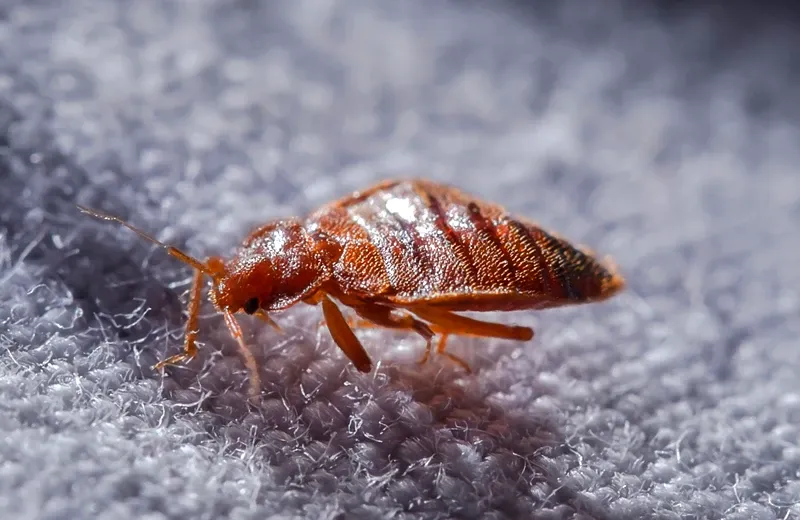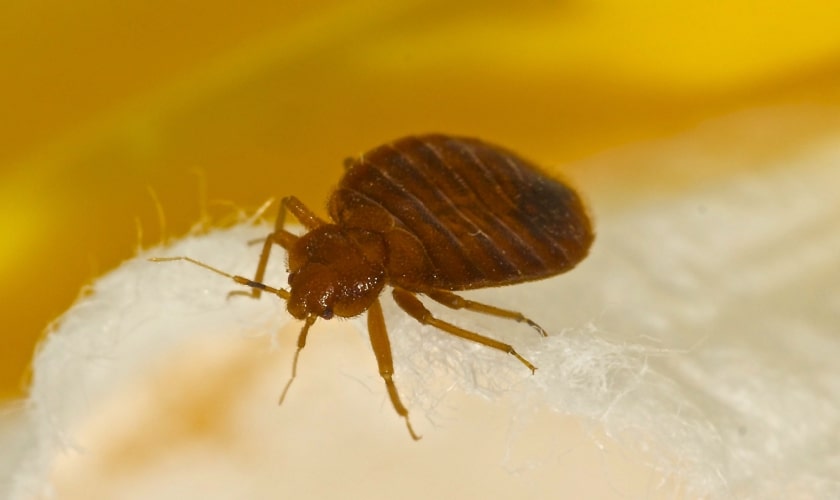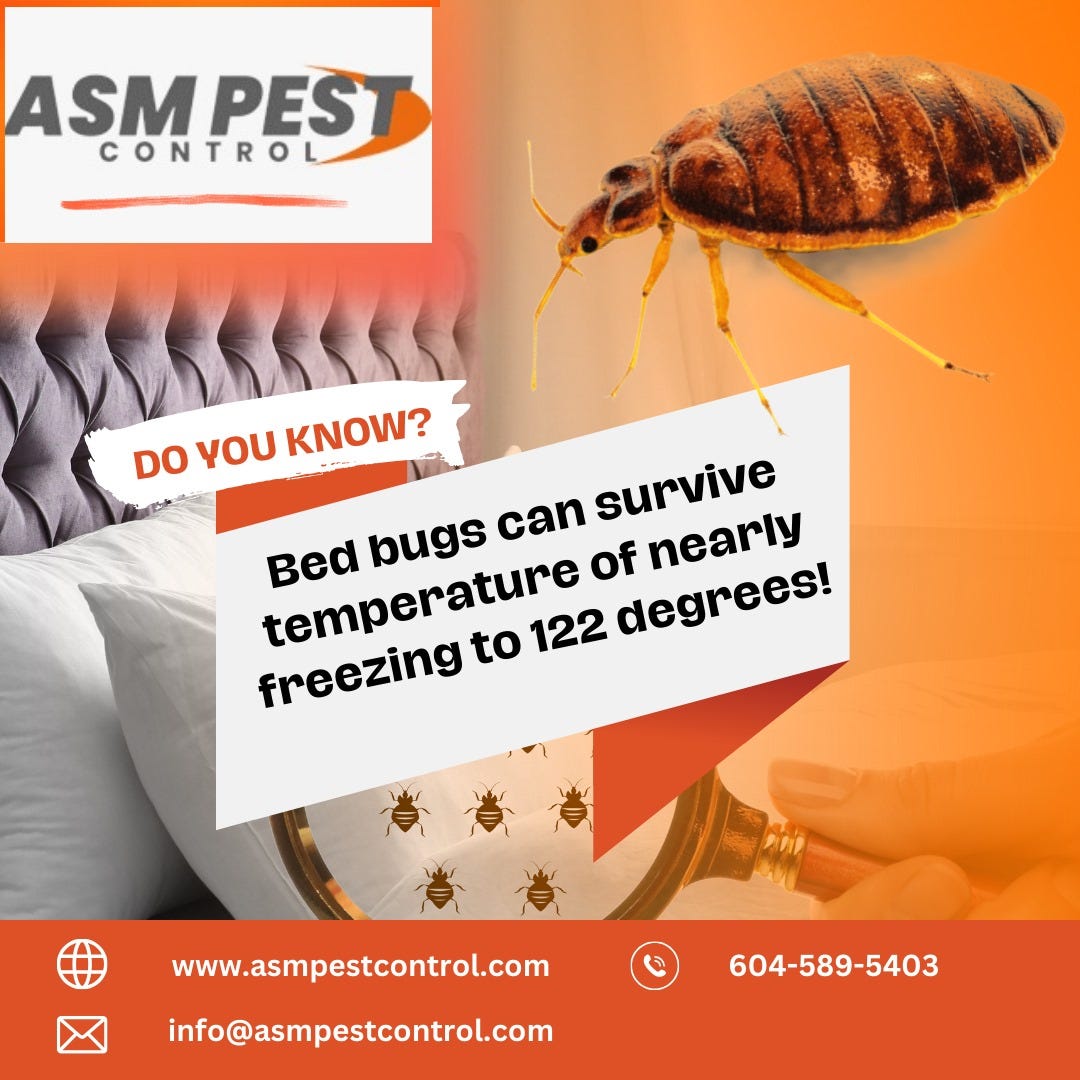Relied On Kings Bug Control Cincinnati OH: Expert Services
Relied On Kings Bug Control Cincinnati OH: Expert Services
Blog Article
A Breakdown of the Various Sorts Of Bug Control Solutions
In the world of insect control, a wide variety of approaches exist to combat the existence and attend to of undesirable creatures. From the traditional usage of chemical pesticides to a lot more cutting-edge organic control solutions, each method offers distinctive benefits and limitations. As we navigate via the diverse landscape of parasite control solutions, recognizing the details of each approach ends up being vital in identifying one of the most reliable training course of activity. Stay tuned as we check out the nuanced globe of pest control strategies and discover how each type plays a distinct duty in protecting our environments.
Chemical Pesticides
Chemical pesticides are generally used in bug control to efficiently get rid of a vast array of insects and other insects. These chemicals function by targeting the nerves of the bugs, interrupting their typical functions, and inevitably leading to their demise. Using chemical pesticides has been a staple in the bug control sector for years due to their effectiveness and fast results.

Nevertheless, it is vital to use chemical pesticides with care because of their possible harmful effects on the setting and non-target varieties. Inappropriate application or overuse of these chemicals can bring about contamination, injury to beneficial insects, and resistance development in insect populaces. It is critical to follow security standards and regulations when making use of chemical pesticides for pest control.
Biological Control Methods
Thinking about the prospective environmental influences and risks related to chemical pesticides, organic control methods offer an even more lasting strategy to handling parasite populaces. Biological control involves using natural enemies, such as virus, predators, and bloodsuckers, to subdue parasite populaces. This approach is often a lot more targeted, affecting just the certain insect species while lessening damage to valuable bugs, people, and the atmosphere.

One benefit of biological control is its long-term effectiveness. When established, all-natural opponents can assist manage pest populations continuously without the demand for repeated applications of chemicals. Furthermore, biological control is typically extra cost-effective and can aid reduce chemical resistance in bug populations over time. Overall, organic control methods offer a eco friendly and lasting service to pest management.

Mechanical Parasite Control
Mechanical bug control includes the physical manipulation or elimination of bugs to handle their populaces properly. One common example of mechanical bug control is making use of catches to capture insects or rodents.
An additional mechanical approach is making use of barriers such as fencings, webs, or displays to obstruct pests from going into particular locations. By physically avoiding bugs from accessing a location, the possibility of problems or damages can be substantially reduced. In addition, hand-operated approaches like handpicking bugs off plants or structures can be efficient for smaller-scale invasions.
While mechanical parasite control methods can be labor-intensive, they use a non-chemical choice that can be lasting and eco friendly. By targeting pests straight, mechanical control methods can help keep parasite populations in check without relying upon pesticides.
Natural Solutions
Making use of natural solutions for pest control offers a environmentally friendly and sustainable strategy to taking care of pest populations without turning to chemical interventions. All-natural solutions include using materials obtained from plants, minerals, or various other normally taking place resources to discourage or remove bugs. Growing particular herbs like basil, mint, or lavender around your property can push back insects due to their strong fragrances. Diatomaceous planet, a powder made from click to find out more fossilized algae, can be made use of to battle bugs like ants, cockroaches, and bed insects by dehydrating their exoskeletons.
Furthermore, essential oils such as tea tree oil or neem oil have insecticidal homes that can effectively control pests while being secure for the setting. Another all-natural remedy is introducing valuable bugs like ladybugs or hoping mantises to your yard to exploit hazardous insects. By incorporating these all-natural options into insect monitoring strategies, people can minimize their dependence on artificial chemicals and promote a much healthier, more balanced community.
Integrated Pest Administration
Integrated Bug Monitoring (IPM) is a thorough method that incorporates various methods to effectively manage pest populaces while reducing dangers to human wellness and the environment. IPM entails the assimilation of numerous pest control techniques such as biological control, habitat control, modification of social techniques, and the use of resistant plant ranges. By using a mix of these techniques, IPM aims to reduce dependence on chemical pesticides, which can have adverse effects on ecological communities and human health.
One key element of IPM is the emphasis on avoidance. By implementing procedures to avoid parasite problems prior to they occur, such as keeping correct sanitation and securing entry points, the demand for responsive bug control procedures is minimized. Tracking and regular examinations play an essential role in IPM, enabling early discovery of bug issues and timely intervention.
Verdict
Finally, the various kinds of parasite control options use an array of alternatives for successfully managing bug invasions. Chemical chemicals supply quick removal however may have ecological threats. Organic control techniques utilize all-natural killers to manage bugs. Mechanical parasite control involves physical obstacles or catches. All-natural treatments use non-toxic choices. Integrated Pest Monitoring combines multiple methods for an alternative method to pest control. Each method has its very own advantages and drawbacks, and selecting one of the most suitable service depends upon the certain bug problem at hand.
Chemical pesticides are frequently used in parasite control to read the article properly eliminate a vast variety of bugs and various other insects.Mechanical bug control includes the physical manipulation or removal of bugs to handle their populations efficiently (Kings pest control services Cincinnati oh).Making use of natural solutions for pest control provides a lasting and green approach to managing bug populaces without resorting to chemical treatments.Integrated Pest Administration (IPM) is a thorough strategy that combines numerous techniques to do your pest control properly manage pest populaces while reducing threats to human health and the setting.In final thought, the numerous kinds of pest control remedies use an array of alternatives for successfully handling bug problems
Report this page